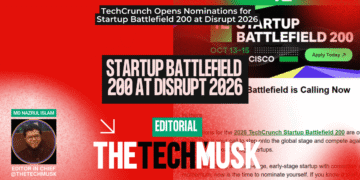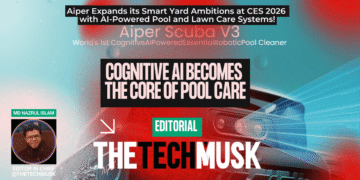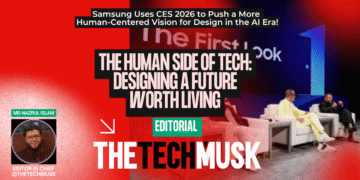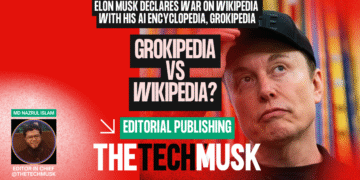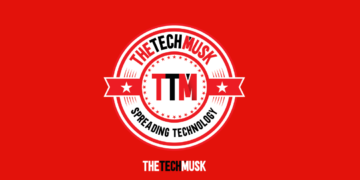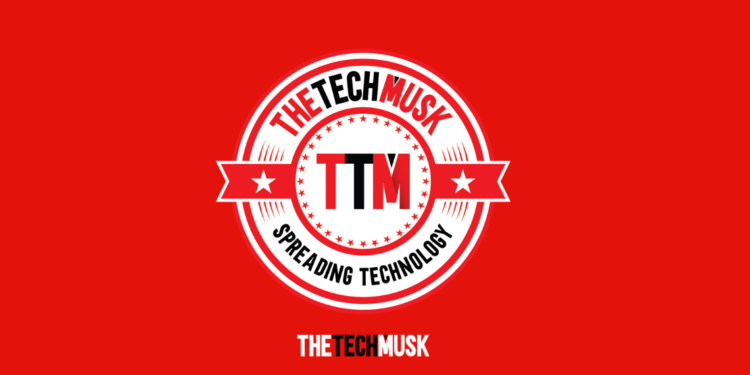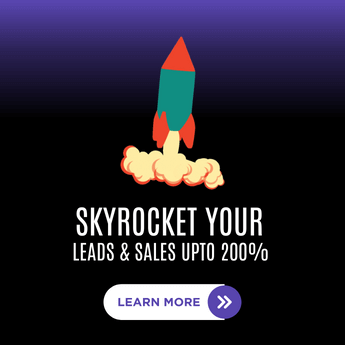To understand the profound impact of artificial intelligence on various industries, we sought insights from nine professionals, including CEOs and Content Heads. Their perspectives range from how AI shifts skill-set demands to how it transforms media monitoring and analysis. Dive into these nine insightful responses to discover how AI is revolutionizing different sectors.
- Shifting Skill-Set Demands
- Revolutionizing Customer Engagement
- Disrupting Content Marketing Landscape
- Increasing Automation in Tax and Consulting
- Impacting Recruitment Processes
- Integrating into Copywriting and Design
- Enhancing Insurance Underwriting Processes
- Fueling Blogging and Self-Publishing Competition
- Transforming Media Monitoring and Analysis
Shifting Skill-Set Demands
Now, the skill of “writing text” is valued much less, and here are the qualities that come to the forefront.
The most vital skill is curiosity. Very rarely do AI systems know about other AI systems. But in my experience, the most interesting results come from combining multiple tools (here are some examples). Discovering these combinations and unlocking their potential is a uniquely human task, not for machines.
The most challenging blend of qualities is discipline and creativity. Working with AI triggers different parts of the brain. It’s a different type of workload, demanding adaptation from employees and attention from managers. Our onboarding has changed dramatically.
The demand for hard skills does not decrease, however. It may seem that now it’s enough to “persuade” the AI to do your job. But to provide it with the right data and, most importantly, to check the result, very deep expertise is needed.
Alexander Nadislau, Head of Content, MC Media Corp. Limited
Revolutionizing Customer Engagement
AI has been a game-changer by revolutionizing customer engagement through personalized experiences.
By leveraging AI-powered insights from data gathered across operations, marketing, and technology, we’re now able to deeply understand user behaviors, preferences, and pain points. This enables us to craft tailored strategies that drive not only operational efficiency but also hyper-targeted marketing campaigns.
Moreover, AI’s role in generative content creation has elevated SEO strategies, fueling organic growth. Infusing AI into these facets has amplified customer satisfaction, elevated brand loyalty, and propelled business growth to new heights, ultimately reflecting the powerful synergy between technology, operations, and human-centric strategies.
Jay Toy, General Manager, 88stacks
Disrupting Content Marketing Landscape
Artificial Intelligence (AI) has significantly disrupted the content marketing landscape, mining vast amounts of data to unveil profound insights about consumer behavior and preferences.
These insights are indispensable in crafting tailored content that truly resonates with the target audience, thereby enhancing engagement rates and conversion probabilities. AI-enabled tools, such as predictive analytics and customer segmentation algorithms, have provided an unprecedented capacity to develop hyper-personalized content and orchestrate its distribution based on dynamically evolving consumer tastes.
Precious Abacan, Content Marketer, Softlist
Increasing Automation in Tax and Consulting
In tax and consulting, AI technology has impacted our industry in a big way. By utilizing AI tools, we’re able to automate mundane tasks, such as data entry, reduce errors, and increase efficiency. This has allowed us to focus on more strategic and sophisticated services, which help our clients reach their goals faster.
Scott Orn, Chief Operating Officer, Kruze Consulting
Impacting Recruitment Processes
I can share that one welcome impact from artificial intelligence has been a renewed focus on unique cover letters. Disinterested candidates often turn to AI to write their introductions, providing a new and easy way to weed out less-than-creative applicants.
Those who are truly passionate about the industry will never hand their cover letter over to a computer. It’s a time-saver that’s just not worth it. Recruiters can tell if you’re not writing your own cover letters, and they’re not usually impressed with what ChatGPT has to offer.
If you’re a job seeker thinking about outsourcing this task, think again. It’s better to apply to fewer jobs but put your full effort into each of them.
Linn Atiyeh, CEO, Bemana
Integrating into Copywriting and Design
Our industry swiftly felt the influence of AI when agencies began offering copywriting alongside design services. Though our agency has provided product messaging for years, we integrated AI into our ideation process.
This AI-generated content is refined by our copywriting team and validated through testing. The significance of AI in pinpointing impactful phrasing for product packaging is undeniable.
Jason Vaught, Director of Content, SmashBrand
Enhancing Insurance Underwriting Processes
One significant way I’ve seen artificial intelligence impact the insurance industry is through the enhancement of underwriting processes. AI algorithms can analyze vast amounts of data quickly and accurately, helping insurance carriers assess risk more precisely. This has led to more personalized insurance policies and pricing for customers.
Additionally, AI-driven chatbots and virtual assistants have improved customer service and streamlined claims processing, making interactions with insurance companies more efficient and user-friendly.
Overall, AI has brought about greater efficiency, better risk assessment, and improved customer experiences in the insurance sector.
Brad Cummins, Founder, Insurance Geek
Fueling Blogging and Self-Publishing Competition
AI is poised to increase competition in the realms of blogging and self-publishing, making it significantly easier for individuals to generate large volumes of content in shorter timeframes. This trend is already visible with the emergence of numerous AI-generated books on platforms like Amazon, which have been released relatively quickly. To respond to this strategy, more time and effort would need to be invested to produce high-quality, distinctive content that truly stands out.
Regarding blogging, more YouTube videos are being seen showing people how to produce a blog in ten minutes with AI. While a solution to counter this challenge may not be readily available, the approach is to consistently create unique content for the blog, complemented by distinct images and personal insights.
This strategy aims to appeal to readers, as humans can often tell the difference between content created by a human and content generated by AI.
Al Tran, Realtor, Blogger, Author, DS Inspire
Transforming Media Monitoring and Analysis
Artificial intelligence has significantly transformed our industry, especially through AI-powered media monitoring and analysis. We can now monitor press coverage and social media content more efficiently. These solutions enable us to track media presence, identify key influencers, and gauge sentiment across online conversations.
This valuable insight empowers us to swiftly adapt campaigns, and strategies based on public perception. By automating these tasks, AI frees up PR professionals to focus on strategic thinking and creativity, enhancing the overall effectiveness of our efforts.
Matias Rodsevich, CEO, PRLab

